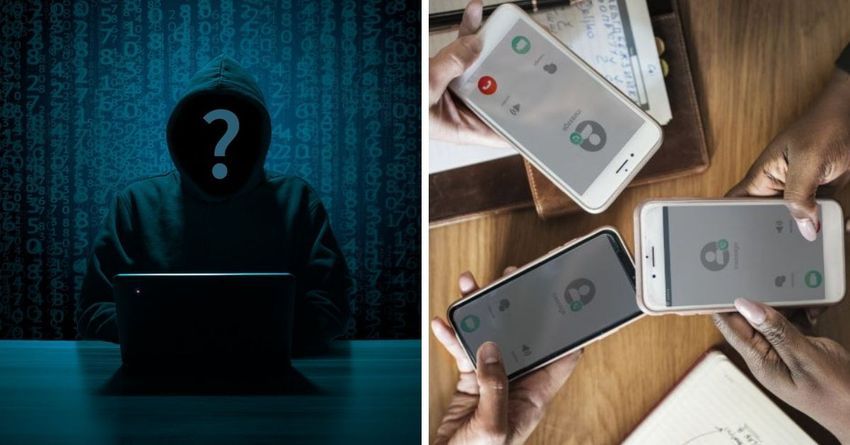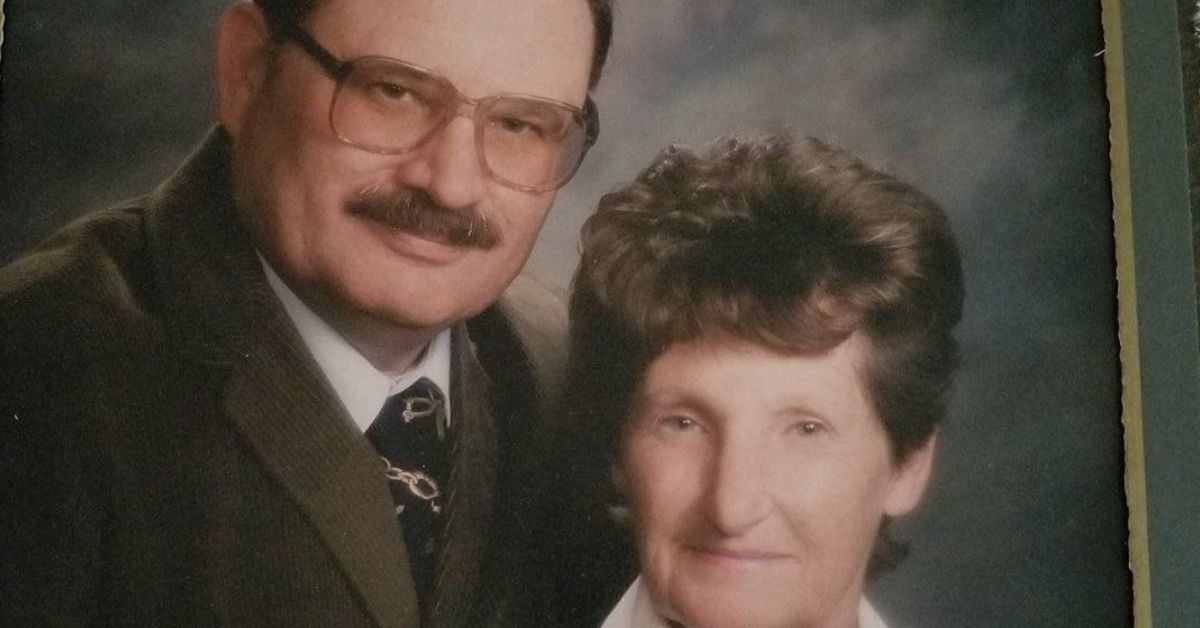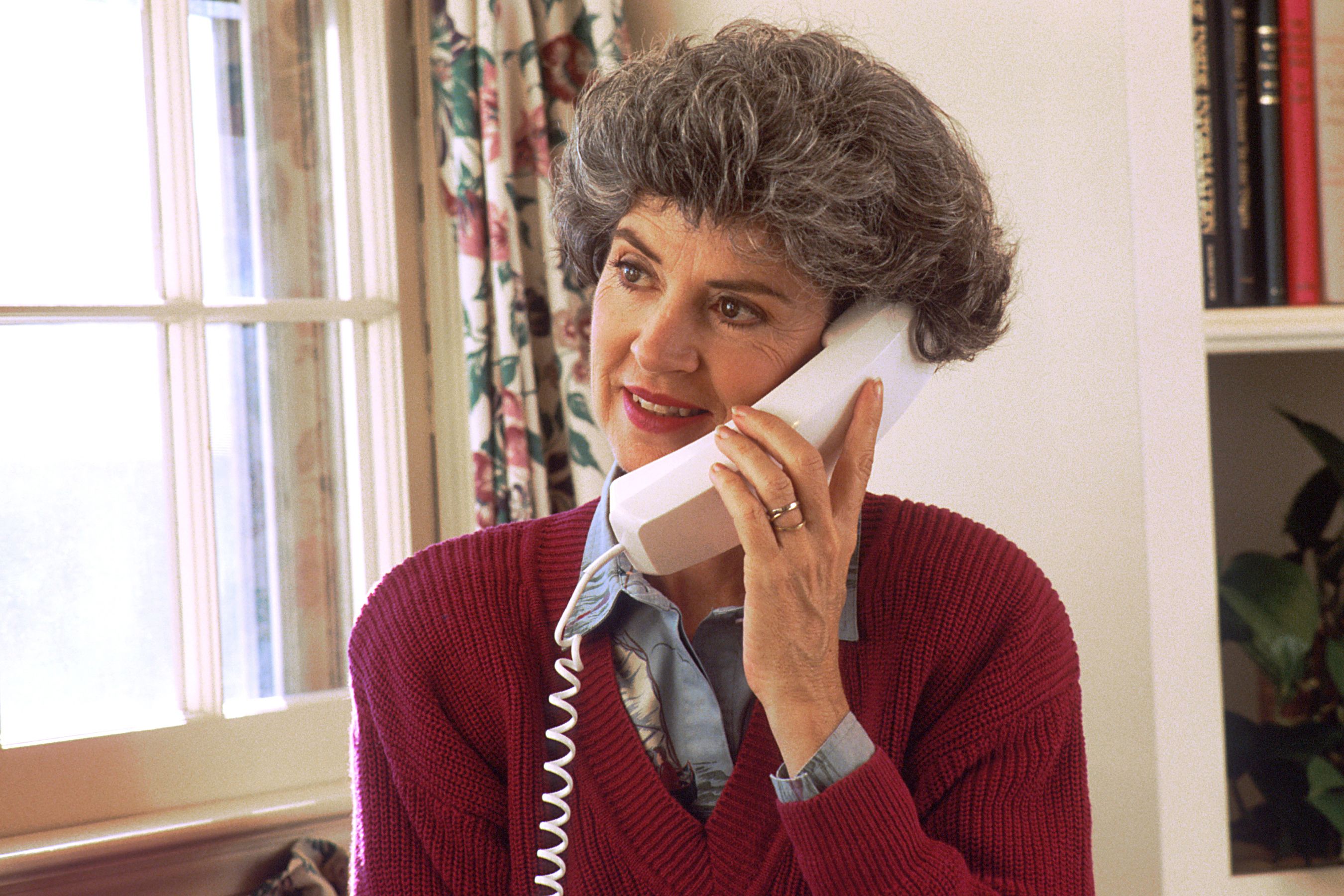Scam calls are increasing at an alarming rate, and they're not about to slow down any time soon.
A new report by First Orion, a U.S. company that creates call blocking and caller ID technology, estimates that by early 2019, nearly half of all your mobile calls will be scam.
The reality is, scammers are finding creative ways to steal your private information, and it's actually working.
According to the FTC, nearly one in five people reported losing money in an impostor scam last year alone, which accumulated to a loss of $328 million.
In early October, one couple from Watertown, New York fell victim to a scam call that ate up all their live savings, and their unfortunate story is now serving as a warning for others.
"The Grandparent Scam"
Michael and Elfriede Flavin got an alarming phone call that their grandson, Michael Montgomery, got into a drunk driving crash and desperately needed bail money.
"We got a phone call from a person saying that he was a public defender and that my grandson has gotten into a car accident in Tennessee and he was being charged with driving under the influence of alcohol," Michael told WNYF.
The grandparents didn't hesitate to help their grandson, who they believed was seriously injured and in need, and so they mailed $10,000 in cash to an address they were given.
Apparently, that wasn't enough, and the scammers called the couple once again demanding more cash.
The 78-year-old and 76-year-old agreed, and ended up sending every last penny of their savings, which amounted to roughly $55,000 for "bonds" and legal fees.
That amount of money still wasn't enough, and so the couple contacted their daughter for help.
"She said, 'He isn't back in jail. He's been in college all this time.' That's when we knew we'd been had," Michael said.
The fact that there might not be a way to find out why and how the Flavins were targeted is quite worrisome.
"How they got a hold of my grandparents' phone number, my name, and they also used names that are synonymous with people that I actually associate with and that had me worried," Montgomery said.
Unfortunately, this isn't the first time scams of this nature have happened, and it won't be the last. That being said, Watertown police are investigating the incident.
"We've seen other scams in similar nature where the money is sent to another location and then it's divided up to other places, both inside and outside of the United States," Detective Lieutenant Joe Donoghue of the Watertown Police Department.
As for the Flavins, their grandson has set up a GoFundMe page to ease their financial burdens.
"For anyone who may have known them, they're kind and sweet, forever giving to those who asked for help and the idea that my grandmother is crying because she cannot trust who is her real grandson anymore is heartbreaking."
Here's how the scam works, and the steps you can take to protect yourself:
According to the AARP, a nonprofit that is dedicated to empowering people aged 50 and over, the grandparent scam is making the rounds again, and everyone should be vigilant.

The scam goes something like this: You'll receive a call from someone pretending to be your grandchild or from someone pretending to know them.
Usually it involves someone getting into a sudden accident, which has landed them in jail, a hospital, or stuck in a foreign country.
The caller will make the incident as believable as possible, and might add that a reputable source, like a lawyer, doctor, or police officer will explain the situation further.
"They know how to get your fight-or-flight response activated so that your critical thinking faculties are just not the way they are normally," Kati Daffan, the assistant director of the division of marketing practices at the Federal Trade Commission (FTC), said.
Sometimes these scam calls are random, but oftentimes they're not.
"They can buy lead lists of people who've been scammed before, people who are older or people they can get lots of personal information about," Daffan said.
If you ever get a call like this, don't panic.
Daffan encourages grandparents to verify the person's identity by asking them difficult questions. And if the caller demands money, that's likely the biggest red flag.




